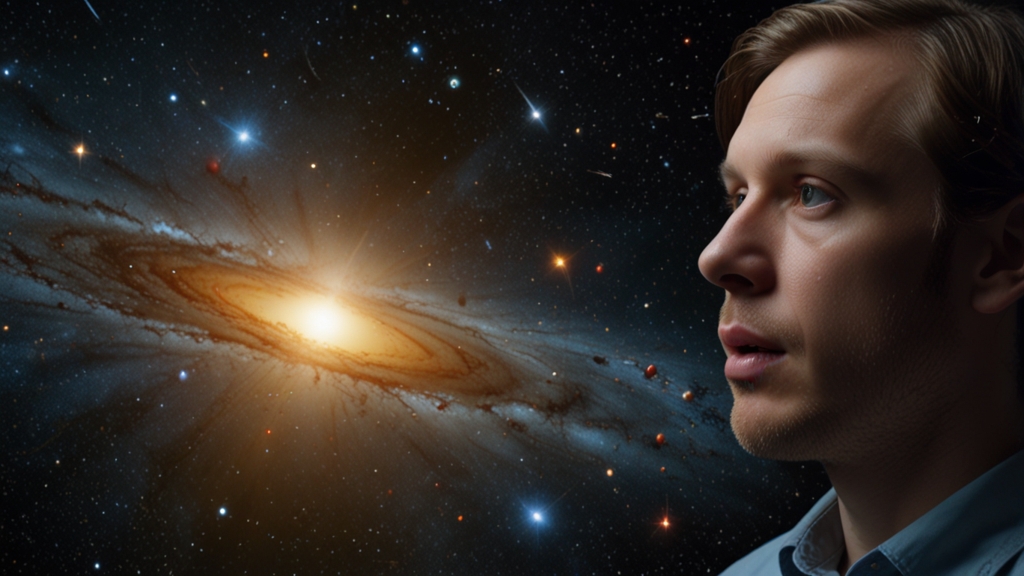How Mesopotamia Inspired Modern Religion and Spirituality
The cradle of civilization, Mesopotamia, has left an indelible mark on the tapestry of modern religion and spirituality. Nestled between the Tigris and Euphrates Rivers, this ancient region is where humanity first formed organized societies, developed writing systems, and, significantly, crafted complex belief systems that continue to echo through contemporary spiritual practices.
The Pantheon of Gods and Goddesses
Mesopotamian religion was inherently polytheistic, featuring a pantheon of deities who governed various aspects of the natural and supernatural world. Principal gods included Anu, the sky god; Enlil, the god of air and storms; and Ea, the god of water and wisdom. This intricate web of divine entities introduced a framework for understanding cosmic order, which is mirrored in various modern polytheistic belief systems.
For instance, Hinduism and ancient Greek religions both feature comprehensive pantheons, each deity reflecting specific aspects of life and the natural world. These gods often embody human-like traits and narratives, much like the Mesopotamian deities, thereby creating an organized structure for religious thought and practice.
Mythology and Sacred Texts
“The Epic of Gilgamesh, one of the first ever epic tales, is perhaps Mesopotamia's most enduring legacy to global spirituality. It tells the story of the eponymous hero-king of Uruk and his quests, touching upon themes like mortality, friendship, and the search for eternal life.”
This epic and others like it laid the groundwork for narrative storytelling in sacred texts. The notion of using myth to transmit spiritual and moral lessons can be seen in the Bible, the Qur'an, and countless other religious manuscripts. For example, the flood narrative in the Epic of Gilgamesh bears striking resemblance to the Noachian flood in the Bible, suggesting a shared cultural understanding of divinity and human limitation.
Rituals and Worship Practices
Rituals were paramount in Mesopotamian religious practice. Temples, known as ziggurats, were believed to be the dwelling places of gods. Priests conducted an array of ceremonies including offerings, animal sacrifices, and prayer recitations to appease their deities. This notion of ritualistic practice bears a striking similarity to various aspects of worship in current religious practices around the globe.
In Christianity, for example, the Eucharist and other sacraments serve as rituals that make the divine immanent, echoing the Mesopotamian aim of bringing gods into the human realm through sacred action. Similarly, in Hinduism, rituals such as puja or yajna (fire ceremonies) are performed to honor deities, showing the continued importance of ritual across cultures and epochs.
Astrology and Divination
Mesopotamians were among the first to practice astrology and divination, attempting to interpret the will of the gods through celestial movements and omens. The legacy of these practices can be seen in the continued interest in astrology and the belief in spiritual signs in modern times.
“The meticulous observation of the heavens by ancient Mesopotamian astronomers laid the foundational principles of astrology, a practice that finds ardent followers even in today's scientific age.”
While astrology today often finds itself at odds with empirical science, its roots in Mesopotamian spirituality demonstrate a long-standing human desire to seek guidance from the stars. Modern horoscopes and their widespread popularity testify to the enduring legacy of these ancient practices.
Conclusion
While vast swathes of time separate us from the ancient world of Mesopotamia, the threads of its religious and spiritual traditions continue to weave through the fabric of modern belief systems. From polytheistic pantheons and epic mythologies to intricate rituals and astrological practices, the spiritual innovations of Mesopotamia echo down the millennia, reminding us of the shared human quest for understanding the divine and the cosmos.








